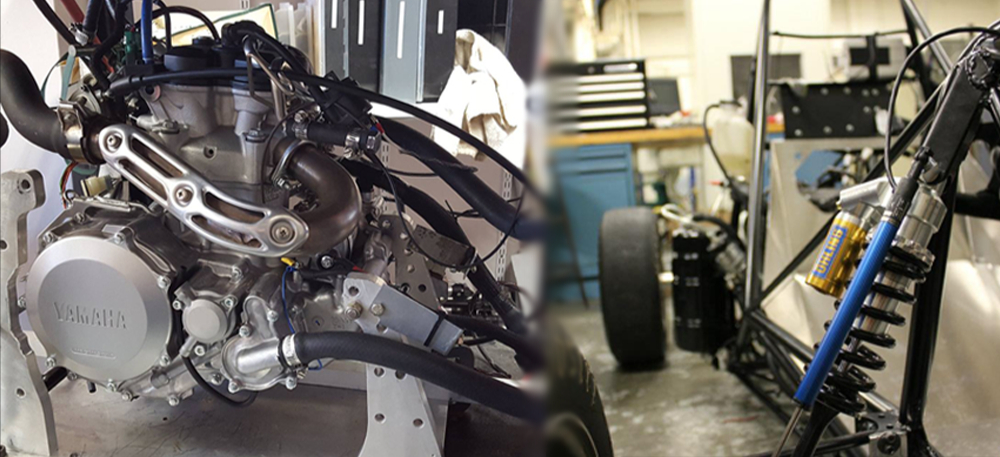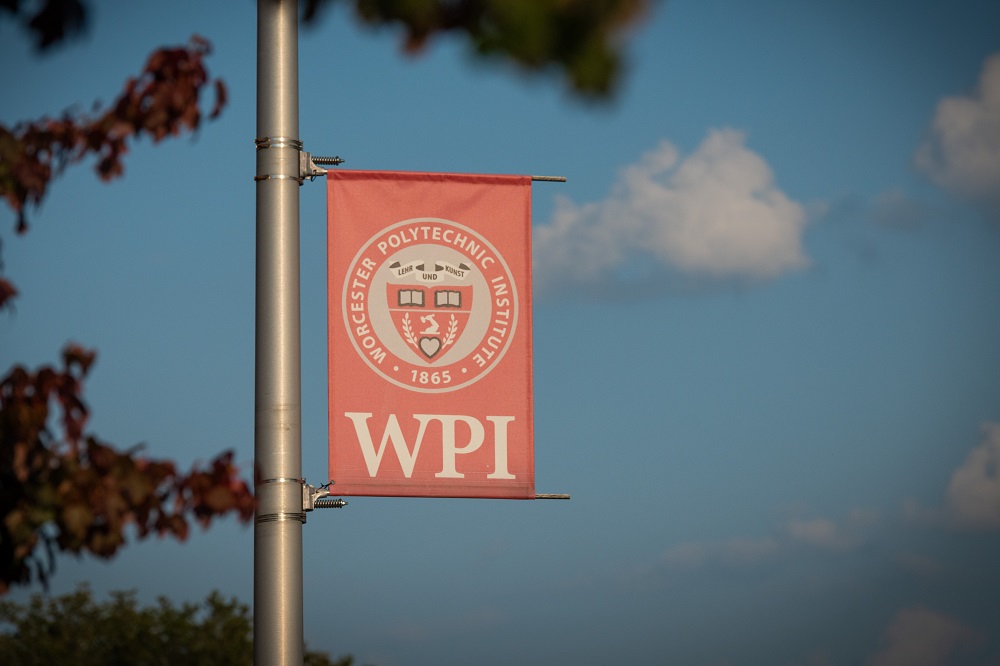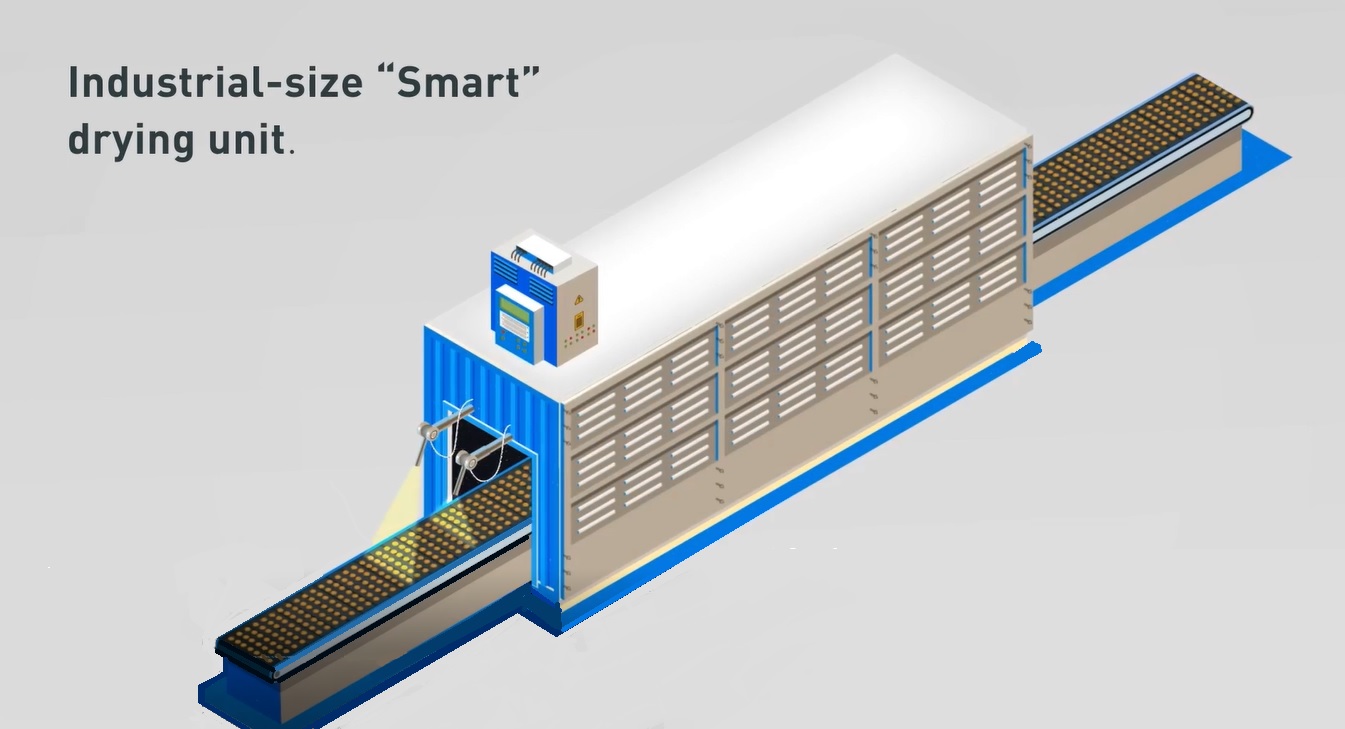The use of axiomatic design to improve the quality and speed the development of complex engineered systems is the focus of the 7th International Conference on Axiomatic Design (ICAD), to be held in the Campus Center at Worcester Polytechnic Institute June 26-28, 2013. More than 100 design process researchers, practicing engineers, managers, students, and technology and engineering educators from 10 nations are expected to attend the international conference to learn about axiomatic design and share the latest research on what has been called one of the most important developments in engineering during the last century.
"Axiomatic design starts with the premise that good design is governed by axioms, or laws, just as physics is governed by physical laws," said Christopher Brown, professor of mechanical engineering at WPI and conference co-chair. "Whether it is applied to the design of products, processes, projects, or systems, it has been shown to markedly improve designs while shortening the design time."
The keynote address will be delivered by Nam P. Suh, who developed axiomatic design at MIT in the 1970s and published the first book on the methodology, Principles of Design, in 1990. Suh headed MIT’s Mechanical Engineering Department and was head of the Engineering Directorate at the National Science Foundation before being named president of Korea Advanced Institute of Science and Technology (KAIST) in 2006. He stepped down from that position in February.
In his address, scheduled for 6 p.m. on Wednesday, June 26, Suh will explain how axiomatic design enabled researchers at KAIST to take two major engineered systems from concept to completion in just two years. The On-Line Electric Vehicle (OLEV) and the Mobile Harbor are green technologies that have received international recognition for the innovative nature and their impact on important societal issues. The OLEV is a bus powered by electricity transmitted wirelessly from an underground power system. Already in commercial operation in Seoul, it was named one of the major inventions of 2010 by Time magazine and one of 10 emerging technologies by the World Economic Forum this year. The Mobile Harbor, a seaworthy platform that allows large container ships to be unloaded offshore, eliminating the need for costly and environmentally harmful harbor facilities, was named one of the 10 best start-up ideas of 2011 by StartupSmart, an Australia-based consultancy firm.
In an abstract of his talk, Suh says "the detailed design and execution of these complex systems, ranging from design to actual operation, in such a short period of time, was possible because of axiomatic design." He will share lessons from KAIST’s experience that he says can be beneficial to major corporations and he will urge universities to incorporate axiomatic design and system design more broadly in their curricula.
Held every other year, ICAD is an international forum for those interested in developing, applying, and teaching axiomatic design. Attendees learn about axiomatic design theory, exchange ideas about the advancement, application, and teaching of axiomatic design, and share best practices in industry, academia, and government.
The conference begins on Wednesday, June 26, with a full day of tutorials. Advanced tracks include tutorials by top international practitioners and scholars. For those with little or no previous experience in axiomatic design, there is an introductory track that will prepare participants for the following two days of technical sessions. The technical sessions include talks, posters, and panel discussions that cover applications in a variety of fields, along with case studies and reports on recent theoretical developments.



